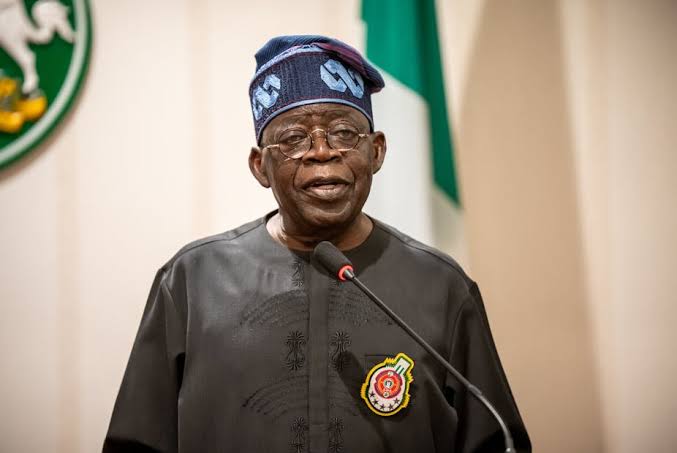ABUJA: The Presidency on Wednesday announced that Nigeria’s non-oil revenue has climbed by 40.5 per cent, hitting N20.59tn between January and August 2025, compared to N14.6tn in the same period last year.
In a statement signed by the Special Adviser to the President on Information and Strategy, Bayo Onanuga, the government described the leap as the strongest fiscal performance in recent history, attributing the growth to structural reforms such as enhanced tax compliance, customs automation, and digital revenue systems.
According to Onanuga, Nigeria’s fiscal foundations are being reshaped. For the first time in decades, oil is no longer the dominant driver of government revenue.
While the figures point to fiscal progress, many Nigerians argue that the Federal Government’s obsession with raising revenue, through higher taxes, exchange rate adjustments, and increased clearing charges, has worsened inflation, eroded purchasing power, and pushed millions into poverty.
Analysts say the administration of President Bola Tinubu has prioritised plugging revenue leakages and boosting government coffers over immediate relief for citizens, even as food inflation hovers at record levels, transport costs soar, and businesses struggle to stay afloat.
The government is more focused on growing its purse than cushioning the pains of Nigerians, said a Lagos-based economist.
The ordinary trader or salary earner is yet to see these fiscal gains translate into cheaper food, affordable fuel, or stable power supply.
The Presidency noted that Federation Account allocations to states and local governments surpassed N2tn for the first time in July, suggesting that resources are being directed closer to the people.
Yet, critics argue that inefficiencies, corruption, and poor implementation at sub-national levels mean these funds rarely trickle down to the masses in the form of better healthcare, roads, or schools.
Customs revenue alone hit N3.68tn in the first half of 2025, exceeding targets by N390bn. But these collections were largely driven by higher tariffs and clearing charges costs that importers quickly pass down to consumers, making goods more expensive.
President Tinubu has said that the new revenue framework reduces the government’s dependence on borrowing and stabilizes the domestic credit market.
However, the question remains: at what cost to citizens already bearing the brunt of harsh economic reforms?
The Presidency insists that reforms are working and that the priority is translating these numbers into real relief for citizens
ns by putting food on the table, creating jobs for young people, and investing in roads, schools, and hospitals.
For now, however, many Nigerians remain skeptical, waiting for government revenue victories to reflect in their daily lives.



